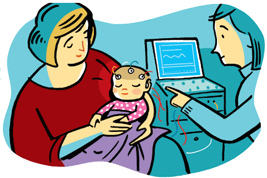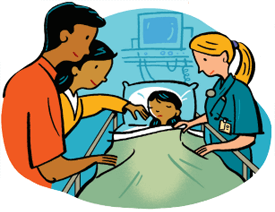- Find a Doctor
-
For Parents
- Before Your Visit
- During Your Visit
- After Your Visit
- More Resources for Parents
Patient & Visitor Resources -
Services
- Locations
-
About Us
- About Childrens
- Find it Fast
- Additional Resources
Find it FastAdditional Resources - MyCHP
ALERT:
There is construction in and around UPMC Children’s Hospital that is affecting the traffic flow – please allow for extra time traveling into the hospital.
- Find a Doctor
- For Parents
-
Services
-
Frequently Searched Services
- Asthma Center
- Brain Care Institute (Neurology & Neurosurgery)
- Cancer
- UPMC Children's Express Care
- Ear, Nose, & Throat (ENT)
- Emergency Medicine
- Endocrinology
- Gastroenterology
- Heart Institute
- Genetic & Genomic Medicine
- Infectious Diseases
- Nephrology
- Newborn Medicine
- Primary Care
- Pulmonary Medicine
- Rheumatology
- Surgery
- Transplant Programs
- See All Services
-
Frequently Searched Services
- Locations
- About Us
- MyCHP
- I Want To
- More Links









 At
At  If your child did not have anesthesia medication, he or she may resume normal activities after the test.
If your child did not have anesthesia medication, he or she may resume normal activities after the test. If your child has any special needs or health issues you feel the audiologist needs to know about, please call the Department of Audiology and Speech-Language Pathology at Children’s Hospital before the appointment and ask to speak with an audiologist. It is important to notify us in advance about any special needs your child might have.
If your child has any special needs or health issues you feel the audiologist needs to know about, please call the Department of Audiology and Speech-Language Pathology at Children’s Hospital before the appointment and ask to speak with an audiologist. It is important to notify us in advance about any special needs your child might have.